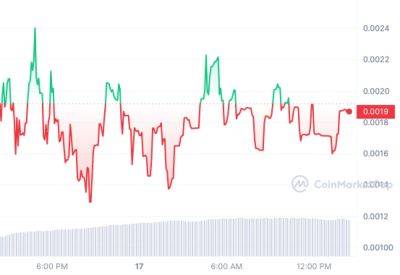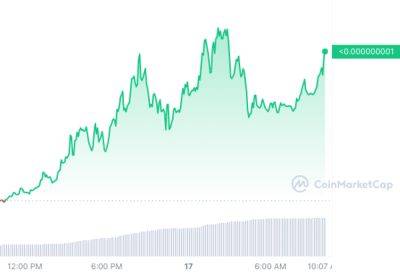Nifty News: Pixel Penguin accused of ‘charity rug,’ Epic adds new NFT games and more…
Nonfungible-token (NFT) project Pixel Penguin has caused a stir this week in what a blockchain investigator ZachXBT has alleged is a “charity project rug.”
The project quietly launched in February, but drew a lot of attention on May 31 following a Twitter thread from Web3 influencer Andrew Wang.
I woke up today to see one of my friends trending on twitter, @Hopeexist1. she made a collection to help herself battle cancer and some awesome web3 people spotlighted her today, so i'd like to add to it pic.twitter.com/Fr5Mcu26eR
Wang claimed his friend Sarah, known as Hopeexist1 online, was the creator of Pixel Penguins, and noted that she had “made a collection to help herself battle cancer.”
At a $13 mint price, Wang claimed that 20% of the profits would go to charity, while the other 80% would go to Hopeexist1’s supposed cancer treatment.
“I'll put my rep on the line to say this is for real amidst all the scams in our space,” said Wang, adding:“I speak with her art teacher often when she's gone for treatment and he says she's the best student he's ever had, that her talent is too precious, that she must survive.”
Following this, Pixel Penguins NFTs promptly sold out, with the floor price shooting up from 0.0099 Ether (ETH) to around 0.0126 ETH worth roughly $130.However, members of the NFT community then did some digging and alleged that the creator had been profiting from selling stolen art in the past, and was potentially lying about having cancer.
Within a couple hours, the collection sold out and began trending #1 on OpenSea.With this much attention, people started to dig deeper into who this person actually was.Turns out, they had been selling stolen art and even lying about having cancer.(3/6) pic.twitter.com/l8rbIcaiti
Zac
Read more on cointelegraph.com






















